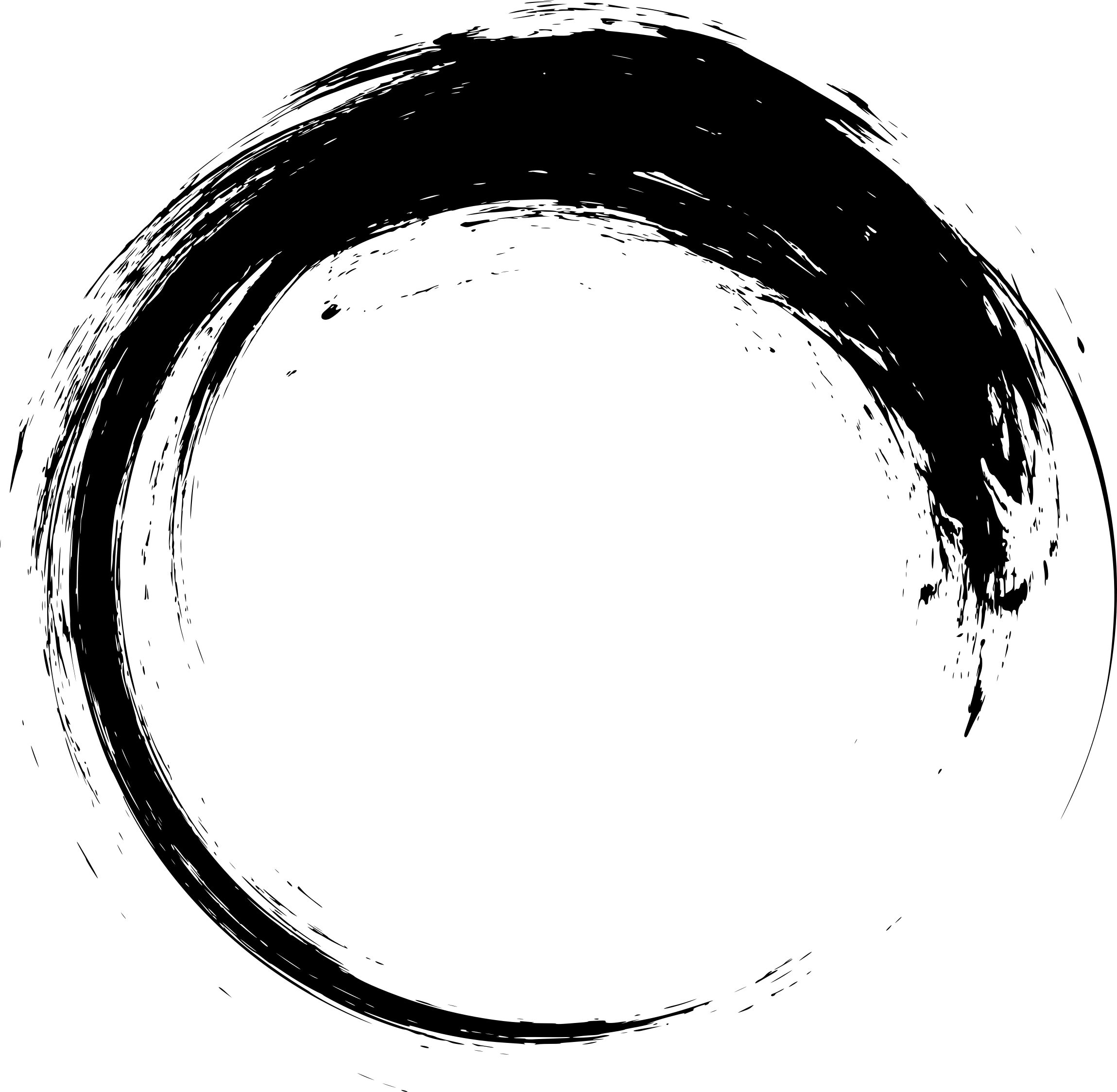Know thyself
“Know thyself” is a timeless philosophical principle etched onto the ancient Greek Temple of Apollo in Delphi. Sounds pretty silly, don’t we all know who we are? For me, that was not a question either, until I realized that I didn’t know that. I could fill the questionnaire with the facts of my life: what school I went to, what my height is. But what constitutes what I call me – that was covered in mystery. Who am I? What is my life? Am I living it right? Am I a good person? Am I brave? Honest? What if the push comes to shove? Will I help? Will I betray? Who knows…
To find the answers to these existential questions I had to dig deeper to find the source, the roots, so to speak. And it turned to separate the wheat from the chaff I had to somehow adopt the objective viewpoint. Otherwise, I would be fooling myself again. To apply the scientific method of self-discovery I had to assess my behavior in different situations. Staying objective towards oneself is not an easy task when you are the observer and the observed. To make things easier I came up with the rule of life:
Do not lie, especially to yourself.
Since you are the easiest people to fool. Be brutally honest, then you can get a foothold. In the following years, the Do Not Lie mantra has revealed itself as the bedrock of existence. It acts as an antidote to a psychic phenomenon Buddha identified as the ‘clinging’. It’s sticking to our personal interpretation of reality. Since the day we are born, we unconsciously dissect and classify every experience we undergo, our minds grasp onto viewpoints, beliefs, and opinions. We adhere to customary rituals to the extent of fixation. Our bodies seek sensory gratification, craving stimuli for all five senses. In addition, there’s an odd lens that distorts our perception of ourselves. The mind sticks to everything, wants more, and whispers in our ears. Strangely it became obvious that I was wanting and doing things I regretted later.
To combat this I stopped lying completely. At first, it felt a little strange, but in a good way. I stopped doing things I couldn’t later tell about. This immediately improved my life quite a bit. I stopped being involved in shady stories. And the story of my life began to straighten out. I stopped being afraid of being judged. I stopped being afraid of being myself. I stopped being afraid of being.
Stop doing stupid things. Stop lying. Stop making things worse.
Since then I’ve read numerous books on Psychology, Neurology, and Brain Functioning, digging for insights to fix and enrich life. It held more potential than I could imagine with my little brain. Over the next few years, I moved in self-discovery more than I had in my entire life before. I fixed myself.
The next turning point was the discovery of microdosing. Then the pace of events began to accelerate. A couple of years combined with contemplation and the exploration of Buddhism surpassed everything before. Turned out that Buddhism Psychology dealt with the same experiences and understanding of life that I had. It reassured me that I was on the right path. And I’ve realized I can’t do anything for myself anymore. So I started improving the lives of people around me. And that improved my life even more.
You just need to start pulling the thread to pull yourself out. Here are my ideas on how to understand how to live your own life. What I wish somebody explained it to me. Something they forgot to teach in the schools and at home. Not many people know what they are doing, so they can’t tell you how to live. I couldn’t find a book that encapsulated the essentials either. So, this is that book. This is what I wanted to hear when I was young. This is what I tell my kids. As it turns out, I had been holding it wrong. Life that is.
To start pulling yourself out you need to ask the right questions. This is akin to Zen Koans. Koans are a kind of philosophical paradox, often masquerading as a joke, like “If the tree is falling and there is no one will it make a sound?”. This sounded ridiculous until I realized that the answer was not “Of course it will make a sound, we can even record it”, it’s “Right, to perceive the air vibrations as a sound there should be someone to hear it”. An observer.
Buddha warned that you can’t save everyone, let’s help those who can be helped. This is what led me to a healthier, happier, and more mindful life. This is what worked. You need to think a certain way so I wrote down the insights and thoughts that will help.
Let’s dive into understanding how we function and what we can do with this. Join me on this journey of self-exploration. To uncover the source of sustainable joy in our lives. Every journey starts with a single step. Try a simple question for starters:
Who are you?
